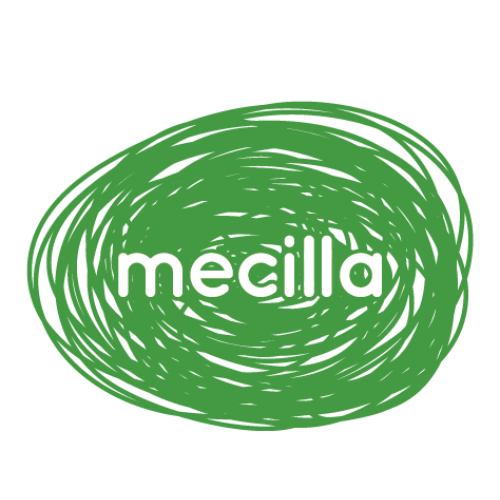Mecilla
[DS-68043-DTG] Custom Cupro Woven Twill Fbric Prints 90GSM
[DS-68043-DTG] Custom Cupro Woven Twill Fbric Prints 90GSM
Couldn't load pickup availability
- 60%Cupro 40% Viscose
- 53-54“ Width
- Pigment inks
- 90GSM
- Clothing and Dressmaking
Care instructions
Wash at 86°F
How it works
Upload your design
We automatically apply your design to the product you selected
Make it perfect
Our customer service staff will check the pattern for you to ensure the printing effect.
Preview & checkout
Confirm your designs with our Mock Up previews and checkout with confidence
15 Days Production
Sit back and relax. Your product is on its way!
Print Guideline
DPI-Print Guideline IconWhat's The Best Resolution To Print In?
We print at 200dpi, which is a good combination of quality and file weight. Ideally, your image should be scaled to 100% at 200dpi; this means that no resizing of your file occurs, preventing any interpolation.
RGB-CMYK Print Guideline IconWhich Color Model Should I Choose?
RGB Or CMYK? We advise providing images in the RGB color space. Specifically using the sRGB image profile, to achieve best color results. What does this mean? In your editing software, choose RGB as the working space and assign the image profile as sRGB (full name sRGB IEC61966-2.1)
CrockingWhat Is Crocking And Why Might It Occur?
Crocking, which is fading along the creases, often after washing or heavy use, occurs when you digitally print on natural fabrics - more so when dark or dense colors are used. It can be minimized by using a cool hand wash instead of machine washing as the tumbling of the machine is the main cause of this. To avoid entirely, we would advise using a poly fabric.
organics-Print Guideline IconWhy Do The Colors Appear Lighter On Organic Fabrics?
Our organic fabrics do not have any coatings that the non-organic fabrics have. This means the ink absorbs into the fibers, reducing the color strength slightly (by approx. -40%). For super strong colors we recommend a non-organic natural fabric.
Jpeg-Tiff Print Guideline IconShould I Save My File As A TIFF Or JPEG?
For multi-colored or very detailed files we recommend using a tiff format, but they must be flattened. For simple colors and low detail files, a jpeg is fine.
Shrinkage-Print Guideline IconWhat Is The Situation With Material Shrinkage?
Just like many fabric printing processes, there is the potential for shrinkage.
Depending on the fabric, please expect and allow between 2-8% shrinkage which you need to plan for in your dimensions.
This percentage can vary from print run to print run and between fabrics, so we would advise to order a little more material than you require for your project.
Print-Both Sides Print Guideline IconCan I Print On Both Sides Of The Fabric
We do not offer to print on both sides of the fabric, as a lot of our fabrics are semi-transparent or have some show through.
This wouldn't work with double-sided printing.
This is not a service that we offer on any of our fabrics.
![[DS-68043-DTG] Custom Cupro Woven Twill Fbric Prints 90GSM](http://mecilla.com/cdn/shop/files/1_fa4dd5e0-fe3c-4361-9fbf-e95e583d758a.png?v=1690713757&width=1445)
![[DS-68043-DTG] Custom Cupro Woven Twill Fbric Prints 90GSM](http://mecilla.com/cdn/shop/files/4_8f857fdb-c8aa-42d2-96b4-e1adf25a5544.png?v=1690713757&width=1445)
![[DS-68043-DTG] Custom Cupro Woven Twill Fbric Prints 90GSM](http://mecilla.com/cdn/shop/files/3_c5036a3f-90ad-462b-8ba5-ffc539d59787.png?v=1690713757&width=1445)
![[DS-68043-DTG] Custom Cupro Woven Twill Fbric Prints 90GSM](http://mecilla.com/cdn/shop/files/Cupro_1_d2239cf1-e53b-4224-956b-7b8d294ffe34.jpg?v=1690713757&width=1445)
![[DS-68043-DTG] Custom Cupro Woven Twill Fbric Prints 90GSM](http://mecilla.com/cdn/shop/files/2_498b52d5-0db6-4e49-9b1c-974f9ac4d3b1.png?v=1690713757&width=1445)
![[DS-68043-DTG] Custom Cupro Woven Twill Fbric Prints 90GSM](http://mecilla.com/cdn/shop/files/Cupro_b2dcaaa0-7efc-46c1-8d27-fc10548794e6.png?v=1690713757&width=1445)






